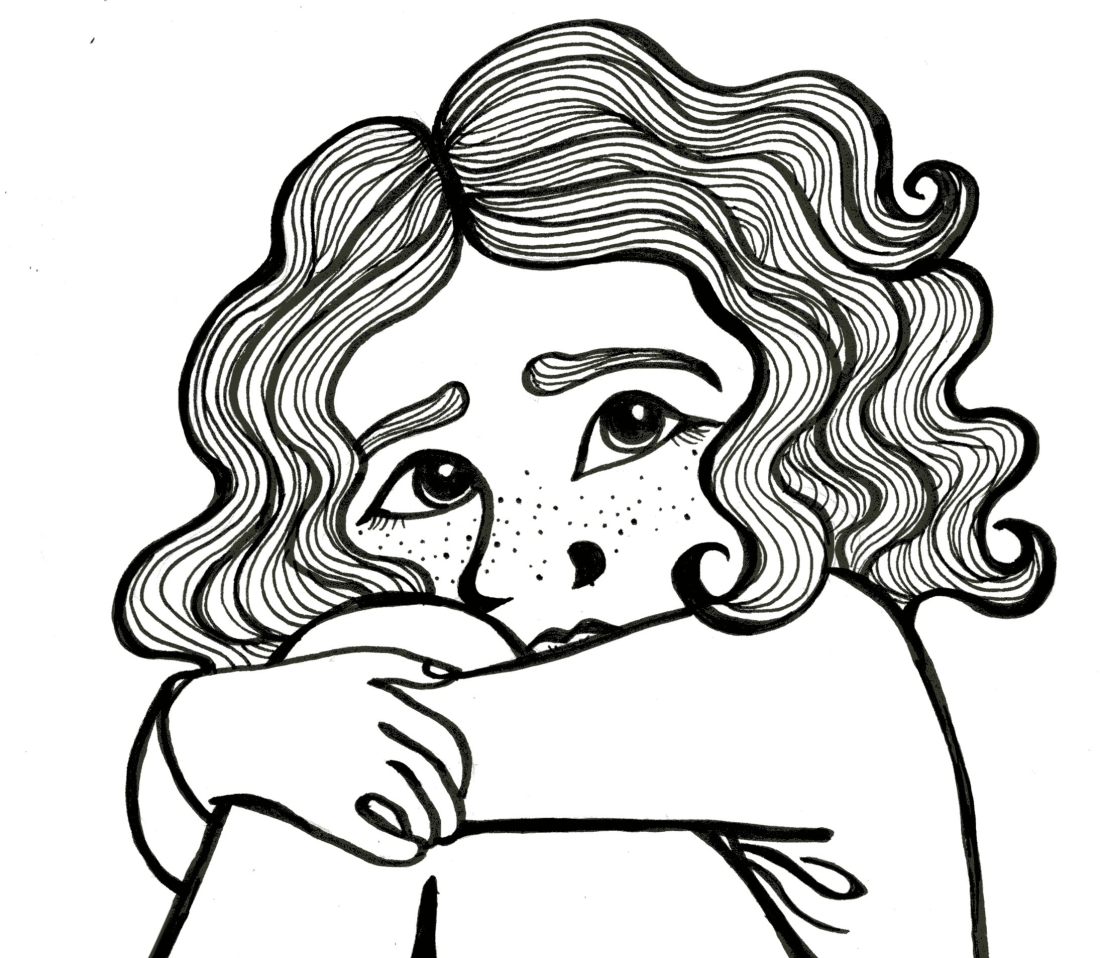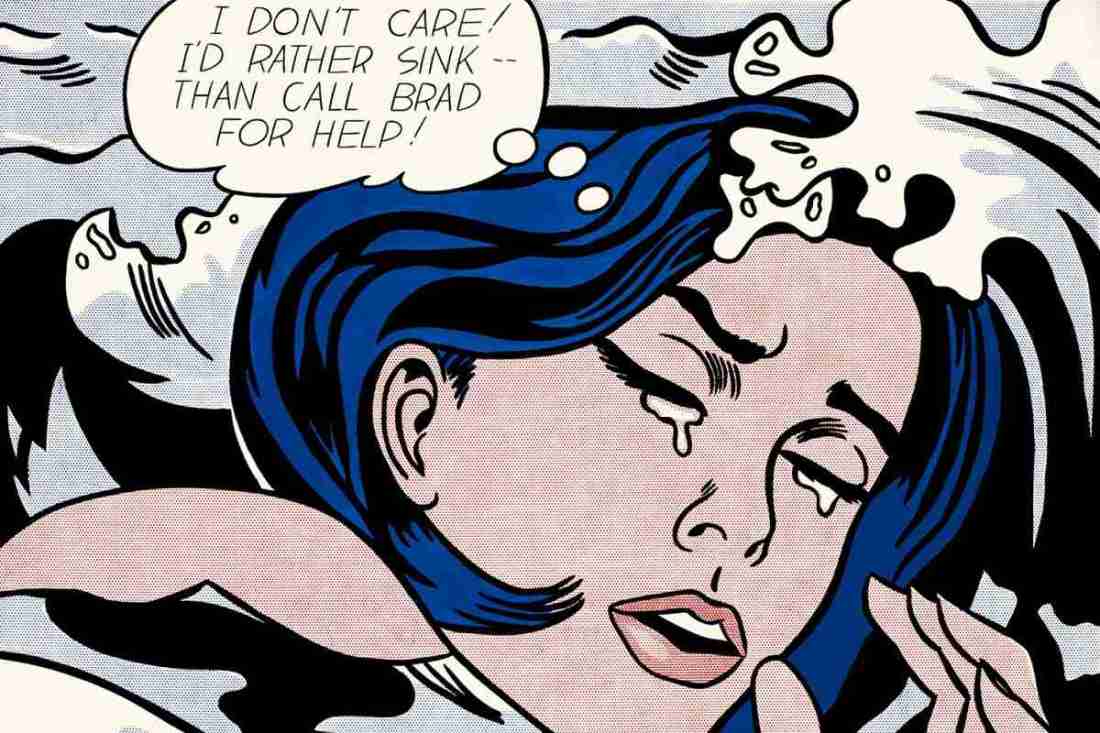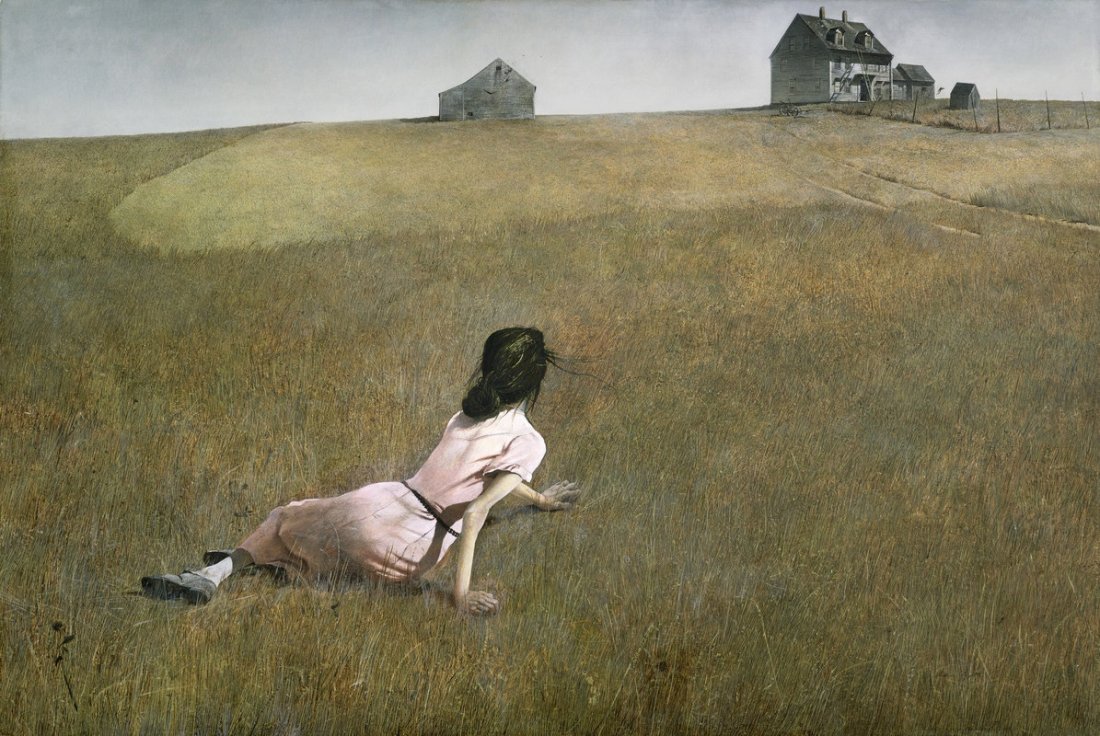This past year has taught me a precious lesson. I have, for many years, grossly misunderstood the nature of hope. And the more I longed for my imaginary version of hope, the more elusive hope became.
Hope, as it turns out, is as misunderstood as love. Like love, hope isn’t an emotion. In fact, hope doesn’t have to feel good in the least. Like love, hope is a choice and a commitment. A commitment to what? A commitment to keep choosing the path of life — in spite of feeling hopeless.

When I first started dealing with periods of severe depression in 2013, I came to believe that one does not simply choose to have hope. Those seasons of unspeakable, impenetrable internal darkness convinced me that sometimes, one is completely robbed of the capacity to have any hope at all. As such, I began taking for granted this notion that the only way to get out of those psychoemotional abysses was to hang in there and “wait it out”.
I don’t mean to say it doesn’t work. Sometimes, staying alive in itself can get so difficult that that’s all the work you can do. With your loved ones standing by your side and giving you just enough to not quit on life, and you dutifully taking your prescribed medication, the storm eventually dissipates, and you start to see the light again, and you find reason to get back on your feet.
But over the course of my last depressive episode, I noticed something rather peculiar. It started when my therapist told me, “You know, at some point, you’re going to get tired of despairing, and you’re going to want to do something.” This was after many sessions of me walking in simply because it gave me something to do, while remaining unreceptive and unwilling to acknowledge that things could get better. My first reaction to her remark was of annoyance and anger. Get TIRED of despairing? You make it sound like I’m choosing to despair. You make it sound like I know some kind of alternative to this terrible existence. But deep beneath all that maudlin angst, I knew she was on to something.
I was noticing that there comes a time when despair becomes your comfort zone. Yes, a very uncomfortable comfort zone, but a comfort zone nonetheless. It’s that zone where you’re no longer thrashing, kicking, writhing, screaming — but you’re floating in that murky, slushy, stinky cesspool of despair. Despairing, loathing, and bemoaning your existence has be come second nature, and the thought of recovery is actually scary. Despair is familiar; recovery is foreign. Not wanting to live has been your default state of being for so long that learning how to live again is intimidating.
I reflected on this further, and then I went back to my therapist and admitted to her that I was afraid of recovering. I was afraid that if I should start making some changes to my mental and physical routines, I would start to feel better, but still find myself loathing my lot and my existence, and I would have no more excuse to be less than functional. I would have to accept the terribleness of my existence, and simply deal with it.
This admission to my therapist, but mostly to myself, was an important turning point. Of course, I didn’t make an instant 180 to start making tangible progress — I continued hemming and hawing for a while — the bad cognitive and behavioral habits that develop over months of despairing are so difficult to shake off. But there came a day when I decided I would find a way to start moving again. No, not because I felt better, not because I received a sign from heaven that all issues would be resolved. Simply because I realized I had nothing to lose.
It’s funny how that works. The flip-side of despairing about virtually everything is realizing that you have nothing to lose. And suddenly, you find there’s this untapped reservoir of boldness welling up within you. Call it tragic optimism, or a just darn clever biological mechanism that kicks you in the direction of recovery, but you can choose to ride that wave, or choose to continue thrashing.

It became a psychological discipline to bat away negative thoughts, especially about myself. It doesn’t mean all of a sudden knowing what’s true and what’s false. Instead, the inner dialogue sounded a lot more like this: I know, I know, I’m useless and stupid… But I’m gonna be radically okay with it, and see how far I can go. And so I go about my my day having shelved that particular thought. I read a book, I go for the job interview, I enter into a conversation I would typically have avoided. Oh, yes, and I’m a cruel, heartless, wretched human being undeserving of love… But you know what? People seem okay with it. Let’s see how long I can go before I’m exposed. And again, I go about my day, agreeing to meet a friend, or attending a get-together instead of making excuses to stay home. Oh wait — how about the fact that I’m doomed to a lifetime of lonely misery and will never find happiness? Soon enough, I started being able to say, oh just shut up already.
Perhaps it all boils down to putting aside your pride. We despair because we are unable to accept ourselves and our lives, or we believe the world cannot accept us, or both. It’s not an easy decision to make, but when we choose radical acceptance, magic happens. Slowly but surely, I started experiencing improvements in my mood. The more I put myself out there in spite of the forces threatening to engulf me, the more the clouds began to clear. My thoughts became more realistic, my emotions more stable, and my social anxiety markedly reduced. I became less inward-focused and could start loving and caring for other people again. At the very core of it, I came to recognize the inherent good of being alive once more.
And that was how I learned that you don’t sit around waiting to feel hopeful. Often, we imagine hope to mean seeing the light at the end of the tunnel, when it’s more like digging, grasping, and clawing your way through the dirt until you see the light. Hope is hard work. To decide that you are willing to try is a huge victory over despair, a huge cause for celebration for the people who have been rooting for you, and the beginning of a scary but empowering journey.

Hope is courageous: it is letting go of the dogged notion that you need X, Y, and Z to live, and being willing to attempt forging a new path. Hope is humble: it is admitting that you don’t know everything, and that your forecast of doom and gloom is fallible. Hope is radical: it is a commitment to stop comparing yourself to others (you know, the “happy, productive, and functional” folks), and focusing on doing what you can do in a given moment.
And finally, you may or may not agree, but I believe that true, lasting hope requires faith. I know that any of my efforts to reject the voices of my inner demons would have been unsustainable without faith in a loving and merciful God. What made those psychological disciplines possible was a deeply spiritual discipline: to begin each day offering up my fears, anxieties, and regrets to God, and trusting like a child that He is already paving for me a new path my eyes cannot yet see. For hope that is seen is not hope at all. And faith is confidence in what we hope for, and assurance of what we do not see. This hope will not put us to shame.
I thank God for the gift of faith, and for loved ones who, having exhausted creative means to motivate me, beseech me to turn to God.
We are not the sum of our weaknesses and failures. We are the sum of the Father’s love for us, and our real capacity to become the image of His Son.
–St John Paul II
Thank you for continuing to accompany me on this journey. 🙂





